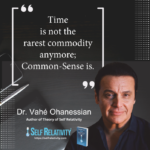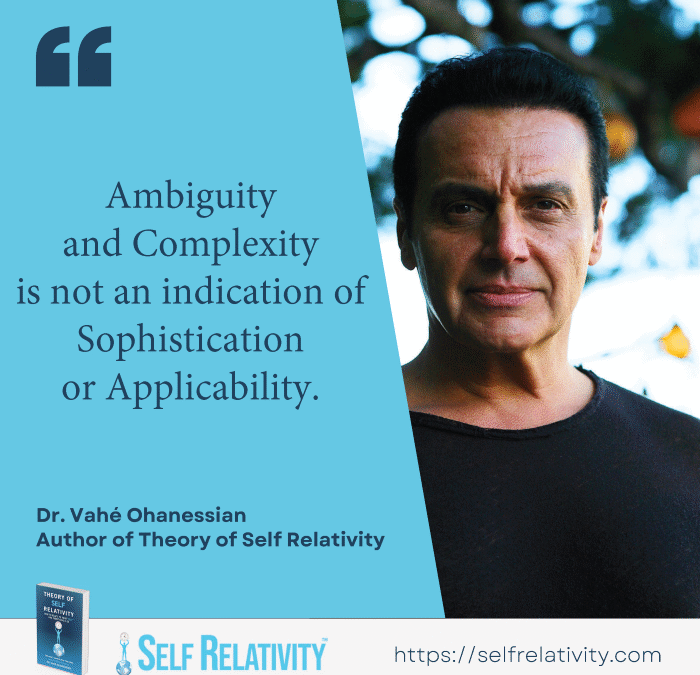
Self-Belief
February 24, 2024
Common-Sense & Reason
March 1, 2024“Ambiguity and Complexity is not an indication of Sophistication or Applicability.”
One of the most common forms of deception and logical fallacies is to make something sound ambiguous and complex. This is sometimes referred to as word-salad in psychology and therapy. Word-salad is generally intended to confuse people by either appealing to their emotions by sounding like it is conveying a message that has sophisticated and deep value; and more commonly, it is also intended to confuse people in order to sound more superior and to take control over others.
This strategy is a common tactic used in relationships involving Cluster-B personality disorders such as narcissists; but more commonly, in recent times, it is a broadly used strategy in motivational, self-help, and leadership teachings. Since people who are looking to improve their lives have already tried many mystical, ideological, and ambiguous systems of self-help and self-improvement to no avail, many are susceptible to doubt their own Self by succumbing to the mishmash and word-salad uttered by self-help and motivational gurus. Instead of realizing that they are being sold a fallacious bill of goods with no value, many who are frustrated and hopeless by not being able to improve their lives, begin blindly believing what is being touted for having value, because it sounds complex.
This is why Theory of Self-Relativity advocates and teaches what it has termed as factual-thinking, so that we can learn to be skeptical by evaluating claims based on their factual-merits, and not based on how they make us feel.

